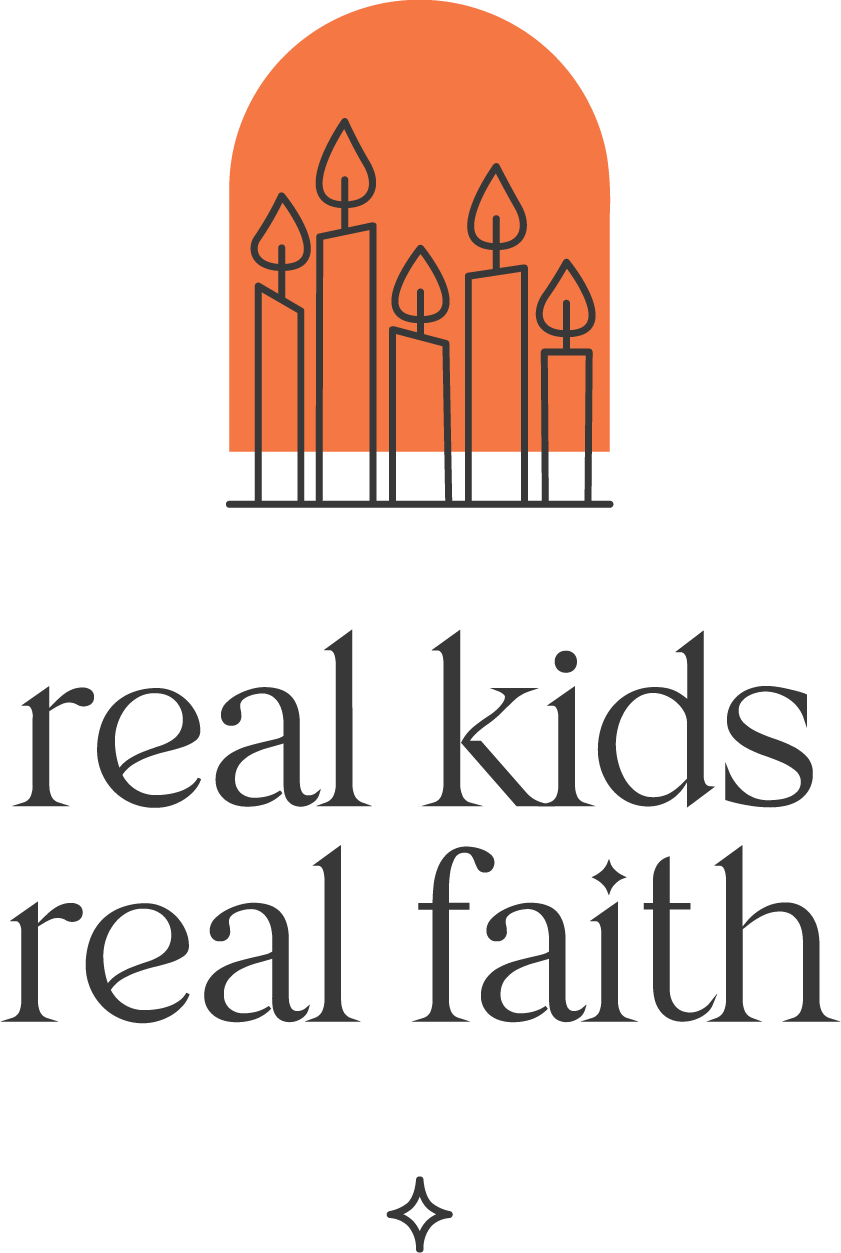“This is a story for Amelia,“ announced the adult leading storytime. “It’s a story for Marcus, and a story for Carl,” she repeated, naming every child in the class, including Josh, who hadn’t yet joined his peers on the rug. “For meeeee?” Josh exclaimed as he looked up from his trucks and then hurried to join the group.
From affirming their actions to encouraging or redirecting certain behavior, the kind of language we use can either enhance or detract from our goal of supporting children. Being intentional with our language takes practice and reflection. It can be helpful to imagine common situations and potential responses that will hit the right notes.
One basic approach is to use statements that affirm children’s belonging in the community. Welcome children with a simple “I’m glad you’re here”, which signals that their presence is appreciated regardless of their behavior. Say “We missed you“ rather than asking “Where have you been?“ when a child returns to the group after an absence. You might even name an explicit way they were missed, such as “We really missed your eagle eye for trash when we were cleaning up the park last week.”
Phrases that acknowledge children as valued collaborators also build community. Expressions like “we’ll figure this out together“ and “let’s work on this as a group” re-orient the learning relationship as a partnership involving everyone in common actions. This might include deliberating on shared ethical challenges, such as how to show support for a friend fasting during Ramadan or how to effectively campaign for climate justice in your community.
To help children cope with obstacles and setbacks, make space for kids to share their challenges first before seeking solutions. For example, when a child feels anxious about donating outgrown clothes, say “I’m listening“ or “tell me more” rather than “you should feel happy to help”. Or offer an affirming “I believe in you” when children express disappointment about forgetting to turn off the lights after pledging to conserve electricity and then ask how they want to address this issue.
As you observe areas of growth or progress, focus on children’s efforts rather than outcomes. Saying “I’ve noticed you trying to hold the lotus pose for longer and longer” shows that you have been paying attention and communicates that yoga mastery comes via practice and persistence. Or tell a child that you “really admire” how they shared their art supplies with their neighbor, rather than praising them more generally for being thoughtful.
You also model the importance of resilience and group trust when you share your own mistakes and setbacks. Rather than undermining your role, admitting an error or apologizing for a misstep provides an opportunity to reiterate your commitment to certain values. If you rushed a reflection time, apologize by saying, “I’m sorry I didn’t give you a chance to share. It’s important that everyone in our group gets to be heard. I’ll invite you to go first next time.” Or share with children how you have struggled to make time for your own centering practices and invite them to brainstorm ideas for cultivating durable spiritual habits together.

Comments